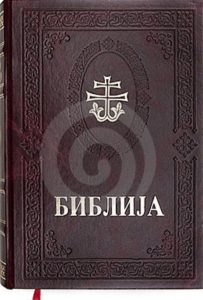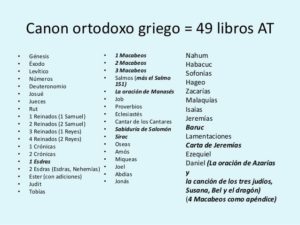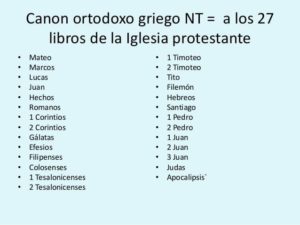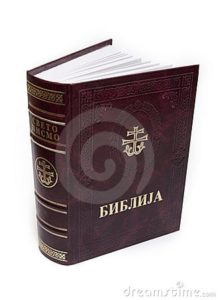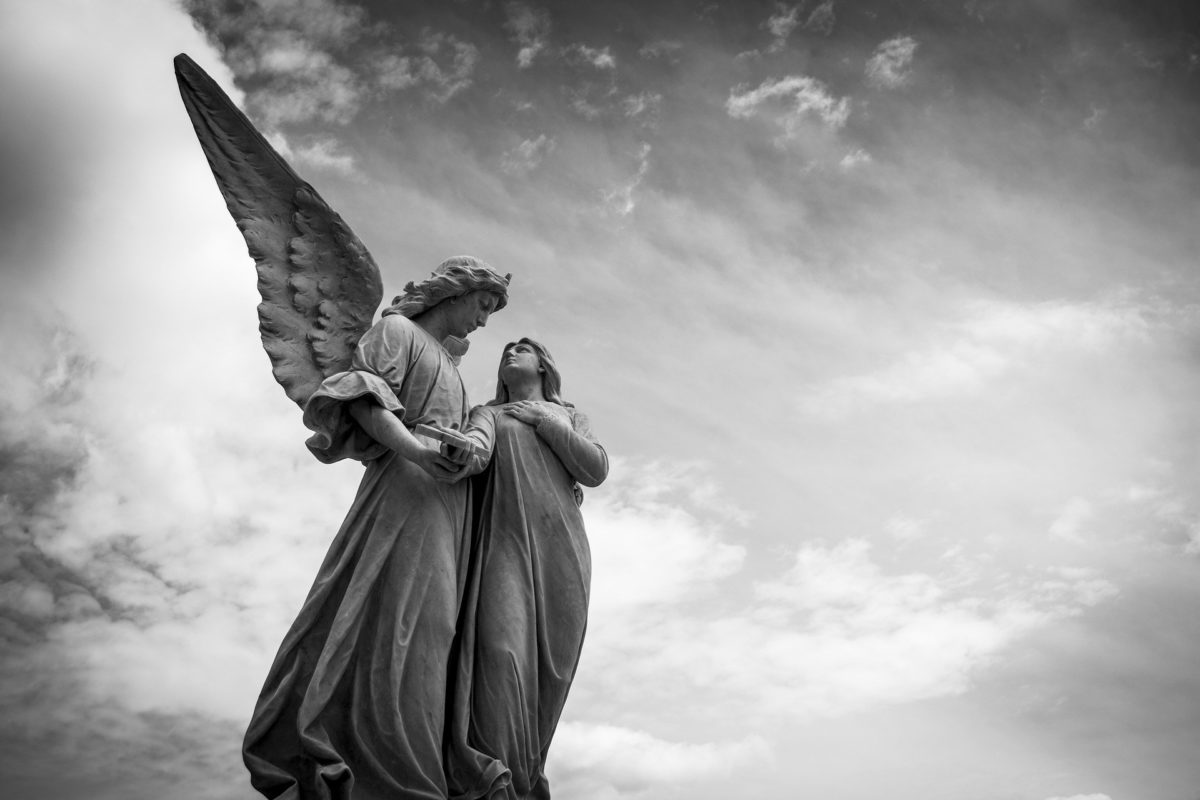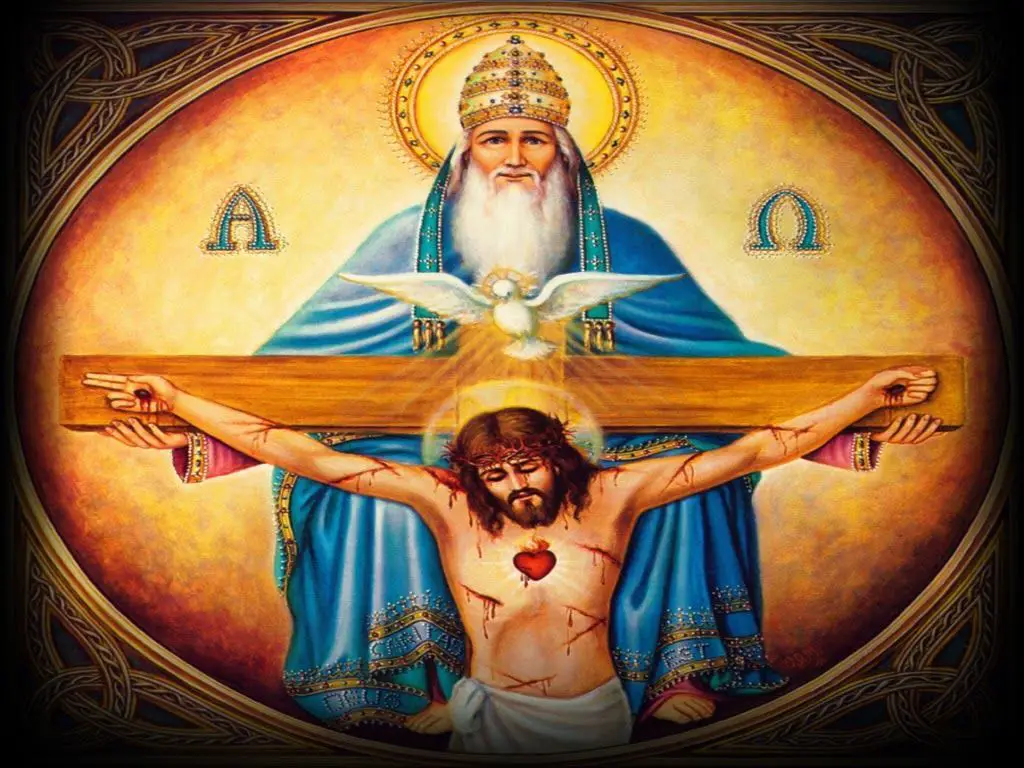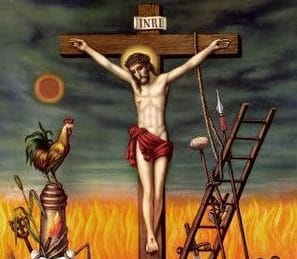In today’s article we will look at how many books the Orthodox Bible has and how it differs from other versions of the Catholic and Protestant Bibles.
You can also find out how many books are in the Queen James Bible by clicking on this link.
The Orthodox Churches
Before we start looking at how many books are in the Orthodox Bible, we should point out that the Orthodox Churches
have never proclaimed a biblical canon, they simply use, in a global way, the canon of the Septuagint
in which there is a very well known discrepancy with the Catholics in that, in addition to the books of Judith, Tobit, Baruch and Judas, they include
Judith, Tobit, Baruch, the following books: Jeremiah, Ecclesiasticus, Wisdom, 1 and 2 Maccabees, and the Greek additions of Esther and Daniel.
Greek additions of Esther and Daniel to other books.
- These are the texts that the Orthodox add to the books of the Greek Septuagint:
- In the Book of Psalms from chapter 151 to 155.
- Odes Psalms of Solomon.
- Chapters 3 and 4 Ezra <The book of Nehemiah is 2 Ezra>.
- Chapters 3 and 4 Maccabees.
- And the prayer of Manasseh.
In Orthodoxy, the canonicity of the books has a different perspective, because while the Catholic Church has established a conclusive canon, it has not insisted on the canonicity of the books.
canon, they have not established an irrefutable preference in this respect.
In the enumeration they also profess a different judgement on the names, the Latin Vulgate being the most similar in this respect, but they refer to the Latin Vulgate.
Latin Vulgate, but always in subordination to the Greek.
The New Testament is similar to the Catholic or Protestant.
In the English language, the Bible is not widely circulated among the orthodox of different faiths.
If you want to know how many books the Jewish Bible or TaNaJ has, click on this link to find out.
Let’s learn how many books are in the orthodox bible.
We must not overlook the fact that there are different Orthodox Churches which have different criteria.
For this reason I have given you a brief summary of the different canons of these churches:
As we have described above, they add others to the deuterocanonical or apocryphal books accepted by the Catholic Church:
The Syriacs
They accept the canon of the Septuagint Bible.
The Ethiopians
They add the Book of Enoch, 3 Esdras and 3 Maccabees.
The Copts
They add chapter 151 of the Book of Psalms and 3 Maccabees.
The Armenians
They agree to the entire Greek canon of the Old Testament and add 3 Esdras, 3 Maccabees and the Testament of all the patriarchs.
of all the Patriarchs.
The Greek Orthodox
The Greek Orthodox accepted the Protestant canon of the Bible, influenced in the mid-15th century by Patriarch Kirill Lucaris.
Patriarch Kirill Lucaris, but in later assemblies or synods they deviated from this position and it was at this time that in 1672 they began to accept the Protestant canon.
that in 1672 they began to use and accept the canon of the Septuagint Bible.
The Russian Orthodox
Here it is left to the free will of the people to decide which canon or which Bible to choose, and this is how it came about.
This is because the influence of Calvin is very much in evidence.
So the acceptance or rejection of the deuterocanonicals or the apocrypha is currently a judgement of free will.
You may also want to know how many books are in the Evangelical Christian Bible by going to this link.
The Orthodox Canon of the Bible
The Septuagint Bible contains the books of the Pentateuch:
Genesis, Exodus, Leviticus, Numbers and Deuteronomy, as well as the historical books,
the books of poetry and wisdom, and finally the books of prophecy.
As far as the canon is concerned, Orthodox, Catholics and Protestants have all agreed on the same list of 39 books.
Agreement on a list of 39 books which, for the Old Testament, includes all the texts of the Tanakh or Hebrew Bible.
of the Tanakh or Hebrew Bible.
However, the Orthodox and the Catholics have added different manifestos, called apocryphal books, translated into Greek, to the Septuagint.
Greek, to the Septuagint.
The deuterocanonical books that manage to be exposed, included among the canonical books, or gathered together at the end of the Old Testament, in the various Orthodox Bibles, are
The deuterocanonical books that are found at the end of the Old Testament in the various Orthodox Bibles are
- Tobit
- Judith
- Psalm 151
- Psalms 152-155
- Psalms of Solomon
- Book of Baruch
- Epistle of Jeremiah
- 3 Esdras <combined with 2 Esdras in Russian Bibles>.
- The Wisdom of Solomon
- Ecclesiasticus <The Wisdom of Ecclesiasticus
- The Greek additions to Esther
- Susanna, according to Theodotion, or Daniel chapter 13
- Bel and the dragon, from Theodotion or Daniel 14
- 1, 2 and 3 Maccabees
- The prayer of Manasseh
- 4 Maccabees
- 4 Esdras belonging to 3 Esdras in the Russian Orthodox Bibles
In this way we can see how many books there are in the Orthodox Bible and how they differ from each other.
It should be noted that the Book of Enoch and Jubilees, which do not appear in the Septuagint Bible, are specifically from the Ethiopian Canon.
specifically from the Ethiopian canon.
From here we can see that there is a difference between the canons of the Catholic Church, the Protestant Church and of course the Orthodox Church.
and of course the Orthodox Churches, in that some accept books translated from the Greek and others do not.
because they do not believe that they are inspired by the Holy Spirit.
who was ultimately the author of the entire Bible, inspiring holy men of God to write it down.
at different times, by different authors, without differences in the Word of God, but rather complementing each other.
but rather complement each other’s writings.
In this way we can emphasise that, according to the studies that have been made of these deuterocanonical or apocryphal books, they radically contradict the rest of the teachings of Scripture,
that they radically contradict the rest of the teachings of Scripture, which is why it is impossible for them to have been inspired by the Holy Spirit.
They were inspired by the Holy Spirit, and the authors themselves are said to have expressly declared that at no time did they write under any revelation other than that of the Holy Spirit.
At no time did they write under any revelation other than their own.
For this reason, we have been able to find out how many books the Orthodox Bible has at the present time, and we have come to the conclusion that the number of books varies according to the number of books in the Bible.
that the number of books varies according to the canon that each church has adopted, because at no time have they declared that they have adopted a canon.
At no time did they claim to have adopted a particular canon, but they chose some and added apocryphal ones.
other apocryphal ones.
Final recommendations
We would like to point out to all our readers that, at the moment of choosing a Bible to read, they should meditate very carefully on which one they are going to choose, so that they may have a good understanding of the Bible.
Which one they will choose, so that they can be sure that what is written in it is as close as possible to the original writings.
The reason for reading the Bible is to know the Word of God written in it.
to be able to choose the one that best matches the original translations, such as the Hebrew and Aramaic, because the Greek
is later and far removed from the original writings.
We are not going to recommend a particular one, so as not to influence you, perhaps because of a way of thinking, but you can advise yourselves in the best possible way.
can best advise yourselves.
It is important to note that it is good to learn how many books the Orthodox Bible has, as well as the other Bibles, and to know which are the Apocrypha.
and which are apocryphal or deuterocanonical.
To expand on this information, you could use the following link to find out how many apocryphal books are in the Catholic Bible.
So let us remember that the Catholic Bible has 73 books, of which 7 are apocryphal.
The Protestant Bible contains 66 books, the Hebrew Bible or TaNaJ contains the entire Protestant Old Testament,
except those of the New Testament, that is 39 books.
As for the Orthodox Bible, we could not verify a specific number, since it depends on each Orthodox Church and the canon they want to accept.

